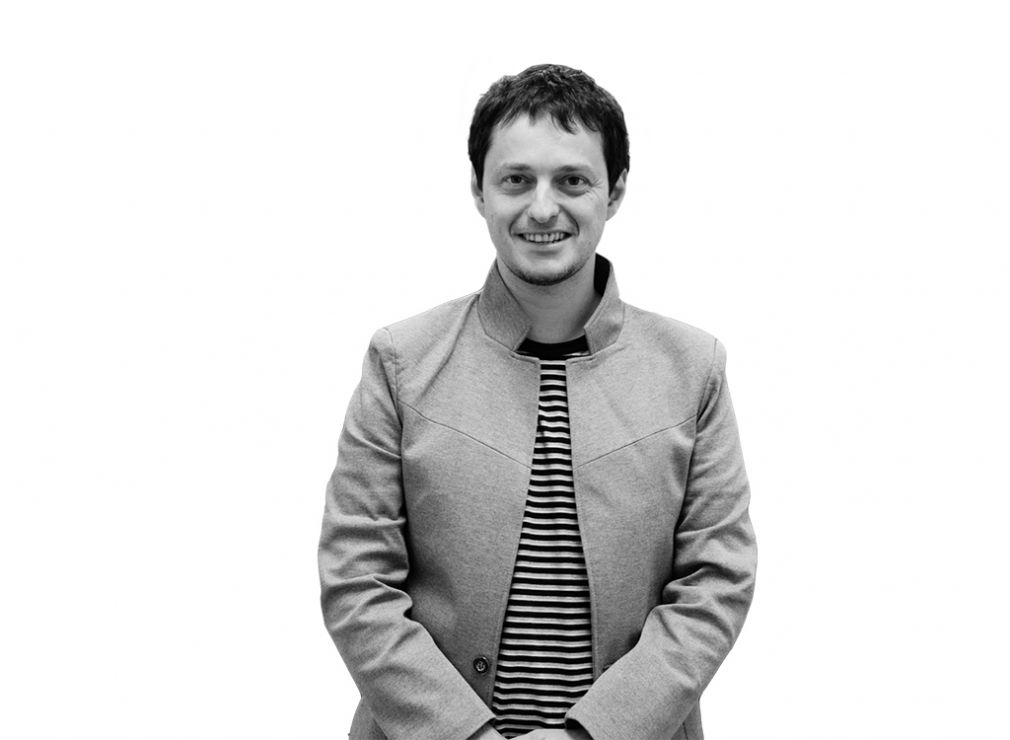By: Mitja Iršič
According to current inflation forecasts, the minimum wage in 2023 should amount to at least 803.80 euros net (this year 778.40 euros net). Cash social assistance and welfare allowance would also increase. But the populist measures of the socialist government will have harmful effects on the economy, as many companies will collapse in the coming crisis – the same as during Pahor’s government, when the world was engulfed in a global recession.
According to the Social Welfare Benefits Act, the level of minimum living expenses, which affect the level of the minimum wage and the types of social transfers, must be determined anew at least every six years based on a comparable methodology. It was last assessed in 2017. According to new data from the Institute for Economic Research, obtained by STA, this year it increased by 9.2 percent to 669.83 euros.
The net salary would thus break the ceiling of an incredible 800 euros for the first time. Only about ten years ago, a middle-class official earned that much, today it is a salary that employers will be forced to pay even to such workers who do not cover their minimum wages with their added value.
The Act on Social Security Benefits dictates the determination of a new level of the basic minimum income in the event that the difference between the level of the new and the most recently established short-term minimum living expenses exceeds 15 percent, and this condition has not yet been met, therefore a change in the current level of the minimum wage is not necessary, according to the Institute.
The Minister of Labour Luka Mesec already announced a few months ago that the minimum wage will rise above 800 euros net next year, but it will not be much higher than this figure.
Why are socialists raising the minimum wage?
It is important to distinguish between the relief of taxes on labour, with which Janša’s government increased wages, because there the state budget is deprived (for which the state is forced to be leaner and more efficient) and the increase of the minimum wage, which the socialists love so much, because here it is not a tax deduction, but employers’ – the budget is actually better. Therefore, the tendency of socialist politics to squeeze entrepreneurs as long as this is still economically sustainable, and sometimes even beyond this level, is clear, because in Slovenia it is already clear that if your last name is not Pirc Musar, you cannot have any profits from your business. So, the natural tendency of left-wing governments is to raise the minimum wage to such an absurdity that in the end more and more people on the minimum wage or close to it end up approaching the average wage.
What will this mean for the economy?
Raising the minimum wage can have long-term consequences for the economy. A large proportion of the workforce in Slovenia performs basic work, and their added value (the value that the worker earns for the company) is sometimes even net negative. In the end, of course, such a company has no other option but to lay off or even go bankrupt. Socialists who started their careers in the National Assembly like to point out that anyone who cannot pay the minimum wage should not have a business either.
However, there is a big difference between Marie Antoinettes in the National Assembly and small entrepreneurs who employ around 20 to 30 workers and sometimes have to fight with negative margins in the competitive world market. They have to compete with the western workforce, where the wage burden is much lower, and the eastern, where wages are much lower. In the end, they have to sell the product for the same price. We have known for a long time that minimum wages outpace real economic growth in Slovenia.
What would this mean for society?
Higher and higher minimum wages will lead to a natural inertia so that people will not be motivated to do above average work in their business. No motivation to do anything more than what is absolutely necessary. Why only if we will end up in Slavic Cuba where a taxi driver and a mechanical engineer will have the same salary? That is why many doctors drive taxis there. Because it is worth it. Excessive egalitarianism is disastrous for society, and Slovenia is already almost the world record holder for egalitarianism, if we consider the Gini coefficient of inequality.
Inequality is not a bad word, as we show it in Slovenia. Inequality means that those who acquire additional knowledge, additional education and skills earn more than those who went through vocational assembly line school. This is the nature of human creation, which Luka Mesec, Robert Golob and their socialist cronies will not change – they can only oppose it and thereby destroy society, just as we have already seen with countless socialist experiments around the world.
